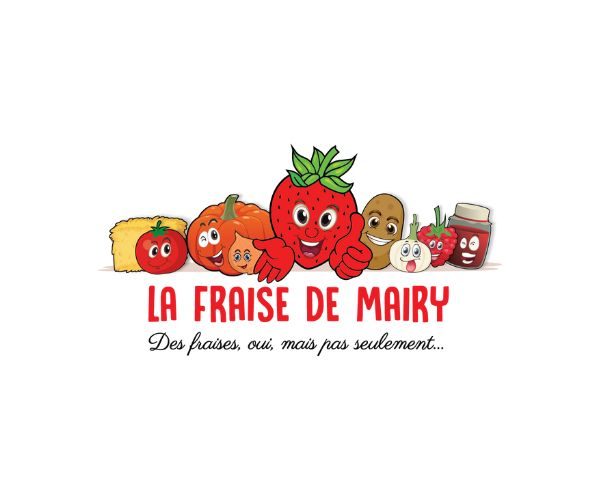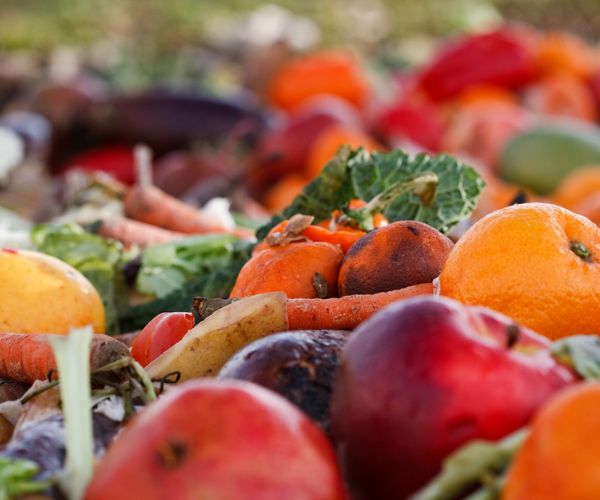Customer testimonials
Technical audit of the business plan for an eco-responsible canning factory (La Boucle Culinaire): CTCPA supports EPISTEMES
11
Jul
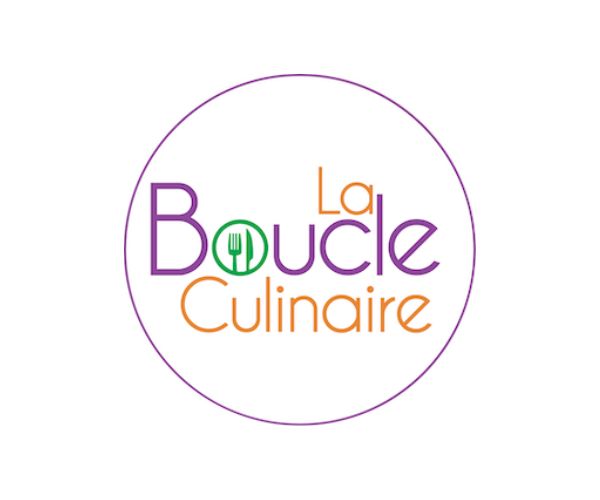
Published on: 11/07/2023
The CTCPA assisted EPISTEMES with a technical audit of the business plan for its proposed eco-responsible cannery: La Boucle Culinaire. Here's a look back at this initiative and our support with Bruno SAJNO, co-manager.
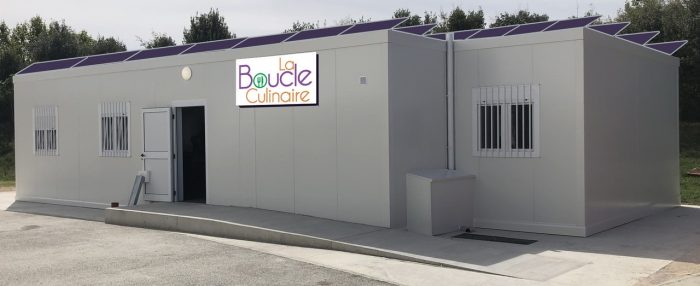
"At the end of the support program, we were able to submit a coherent overall business plan for our project, validated by a third-party organization with technical expertise in the agri-food sector, as part of our funding application."
Tell us about your project: The Culinary Loop!
La Boucle Culinaire, our SCIC (société coopérative d'intérêt collectif) project, is a eco-responsible cannery manufacturer of ready-made meals in doypack format, using raw materials at the end of their life cycle, produced by disabled staff and redistributed in part to food bank beneficiaries.
Our vision? Food insecurity is a problem that is intensifying with the imbalance caused by climate change, health crises and the geopolitical challenges we are currently facing. Citizen action must be taken to counterbalance these inequalities and helping people in precarious situations.
Our idea was to set up an agri-food laboratory to produce ready-made meals using co-products or surpluses from agricultural production, market gardening, supermarkets, etc., with the aim of fighting food waste !
These products are healthy (recipes mastered and cooked by us), safe (process security, choice of technology) and sustainable. We want to break the negative image of ready-made meals (hyper-processed). We want our products to be as close as possible to the dishes found in the restaurant trade.
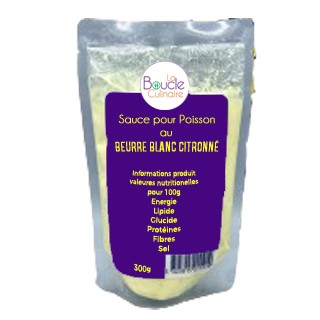 We chose doypacks because we felt they had 3 advantages: they don't take up much space, they're lightweight and they're packaged in smaller quantities.
We chose doypacks because we felt they had 3 advantages: they don't take up much space, they're lightweight and they're packaged in smaller quantities.Eventually, around 20% of our products will be redistributed to food banks in the Gers and Toulouse regions, and to ANDES. The remaining 80% will be sold to the catering trade.
It's important to bear in mind that 50-60% of our workers will be disabled. We have worked in particular with AgaPei du Gers on this aspect.
How did you hear about CTCPA? And why did you want to work with the CTCPA?
In June 2017, Moose Smokehouse was placed in receivership. The company's employees had to make a decision about the future of their jobs. We (Epistèmes) supported them in the takeover of the company as a SCIC by the employees. In this context, we called on CTCPA to validate the products.
For La Boucle Culinaire, we had already responded to a Call for Expressions of Interest launched by the Banque des Territoires for a first potential financing of our project. For this, we had built up a solid CSR business plan, thanks to the support of our incubator Alter'Incub, URSCOP's incubator for socially innovative businesses. On the other hand, On the technical side, we needed help, so we approached the CTCPA.
How did the CTCPA support La Boucle Culinaire?
How did the CTCPA support La Boucle Culinaire?
I contacted the CTCPA in Auch to define the scope of the audit. After discussions with Marina MARTIN (Technology Project Manager) and Carla LUCET (National Startup Manager), the objective was to carry out a technical audit of our Business Plan in order to complete it with the missing figures.
The CTCPA supported us through :
- A typical manufacturing diagram showing the various unit operations, equipment and main associated risks identified to date (HACCP);
- A proposed organization plan for the different activity areas of our workshop, including forward motion;
- A listing of production equipment and capacity;
- A technical summary of the sterilization process and its main advantages in relation to our activity: upgrading of fresh products, long shelf life at room temperature, healthy products with high nutritional value for a population in need... ;
- Financial information on workshop investment costs by expense item, and unit production costs: raw materials, packaging, electricity, water, labor, etc.
- The correlation of forecast production volumes, human resources and equipment capacity to validate the overall coherence of production operations as envisaged.
- In addition to the technical audit of our business plan, a proposal for CTCPA support, costed in 4 phases, explains in detail the technical approach that will be followed for the operational implementation of the project;
The CTCPA was very responsive in providing us with the information we needed for the technical audit of our business plan. The report was very interesting and brought out answers to outstanding questions. At the end of our support, we were able to submit a coherent overall business plan for our project, validated by a third-party organization with technical expertise in the agri-food sector, as part of our application for funding.
Where do you stand today?
In terms of timing, the laboratory will be completed by the end of 2023 and we will start pre-production at the beginning of 2024.
We are currently looking to recruit members (€50 contribution) so that they become stakeholders in our SCIC. We want to include them in our strategy, and make them true ambassadors of La Boucle Culinaire to their friends and family. If you're interested, don't hesitate to contact me!
Finally, we want to take our project beyond the Gers. To this end, we're launching a MiiMOSA campaign.
__
CONTACT THE CULINARY LOOP :
- Offer The culinary loop
- Web page - Website (under construction) - LinkedIn
- Bruno SAJNO - co-manager - bruno.sajno@la-boucle-culinaire.coop
CONTACT CTCPA :
- CTCPA Auch: auch@ctcpa.org
- Carla LUCET: clucet@ctcpa.org
New sustainability requirements in the food sector are creating new societal challenges for companies. How can I meet environmental and technical criteria when choosing my packaging? How can I reduce my water and energy consumption while maintaining my level of performance? How can I combine health and pleasure in the formulation of my products? We have developed a range of skills and solutions that we can put at your disposal to help you achieve your goals. ecological and food transition. Contact us now!



